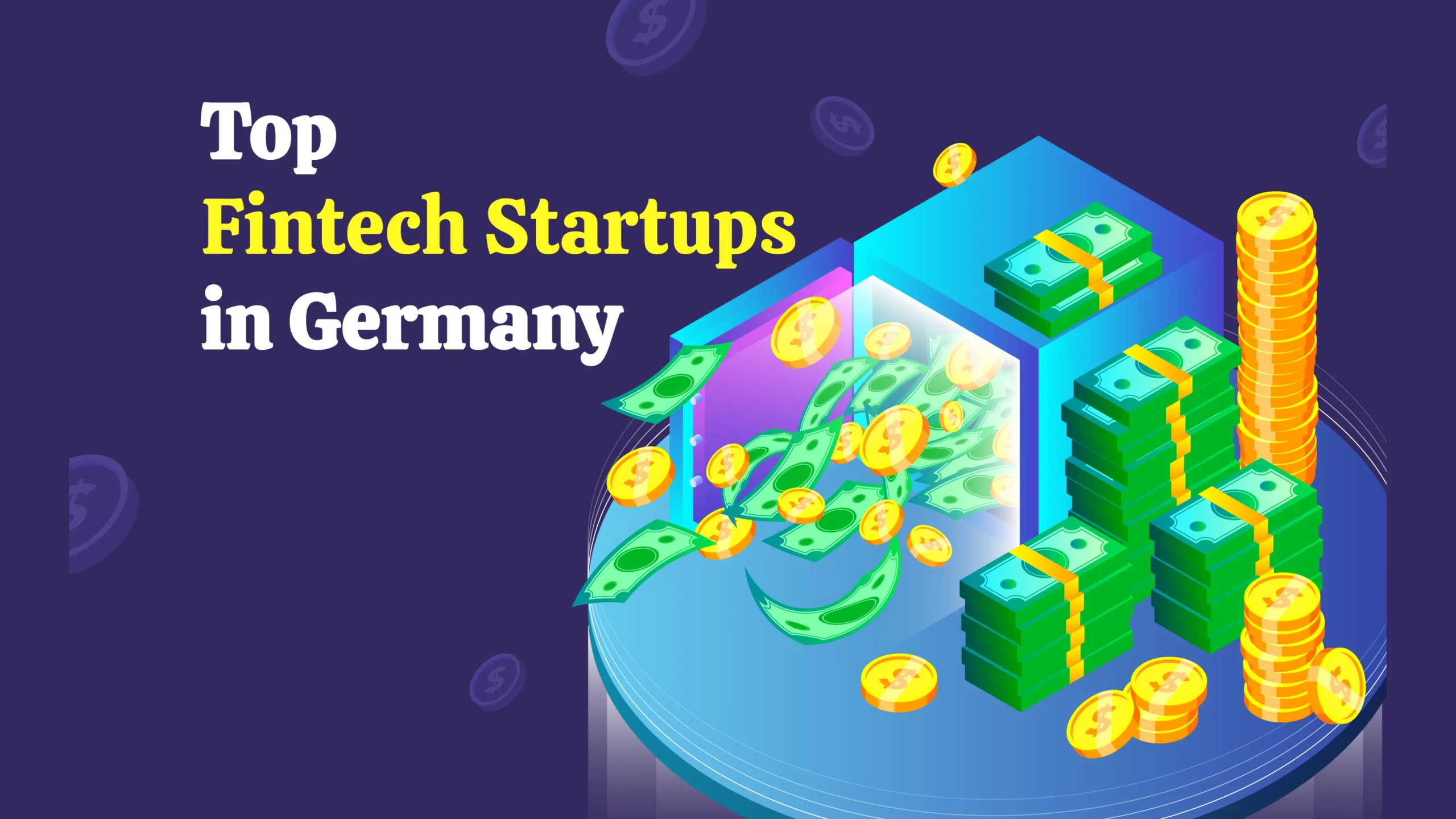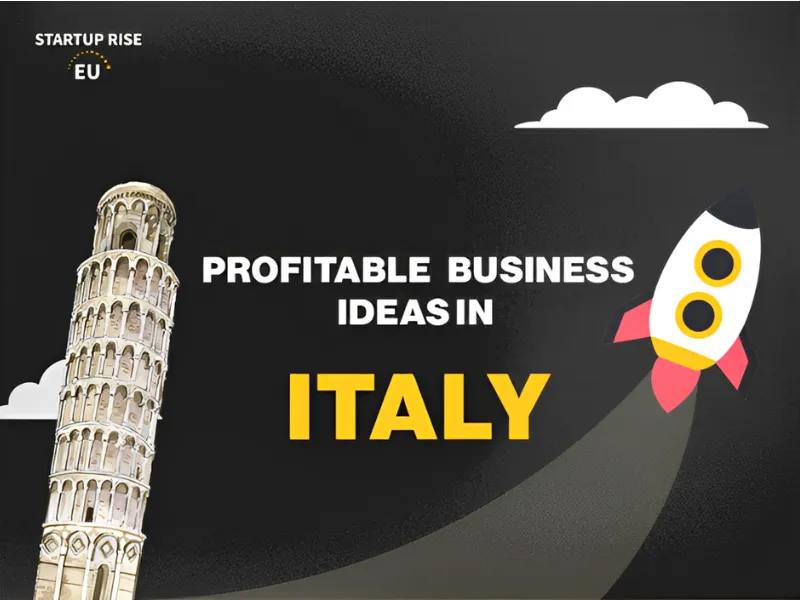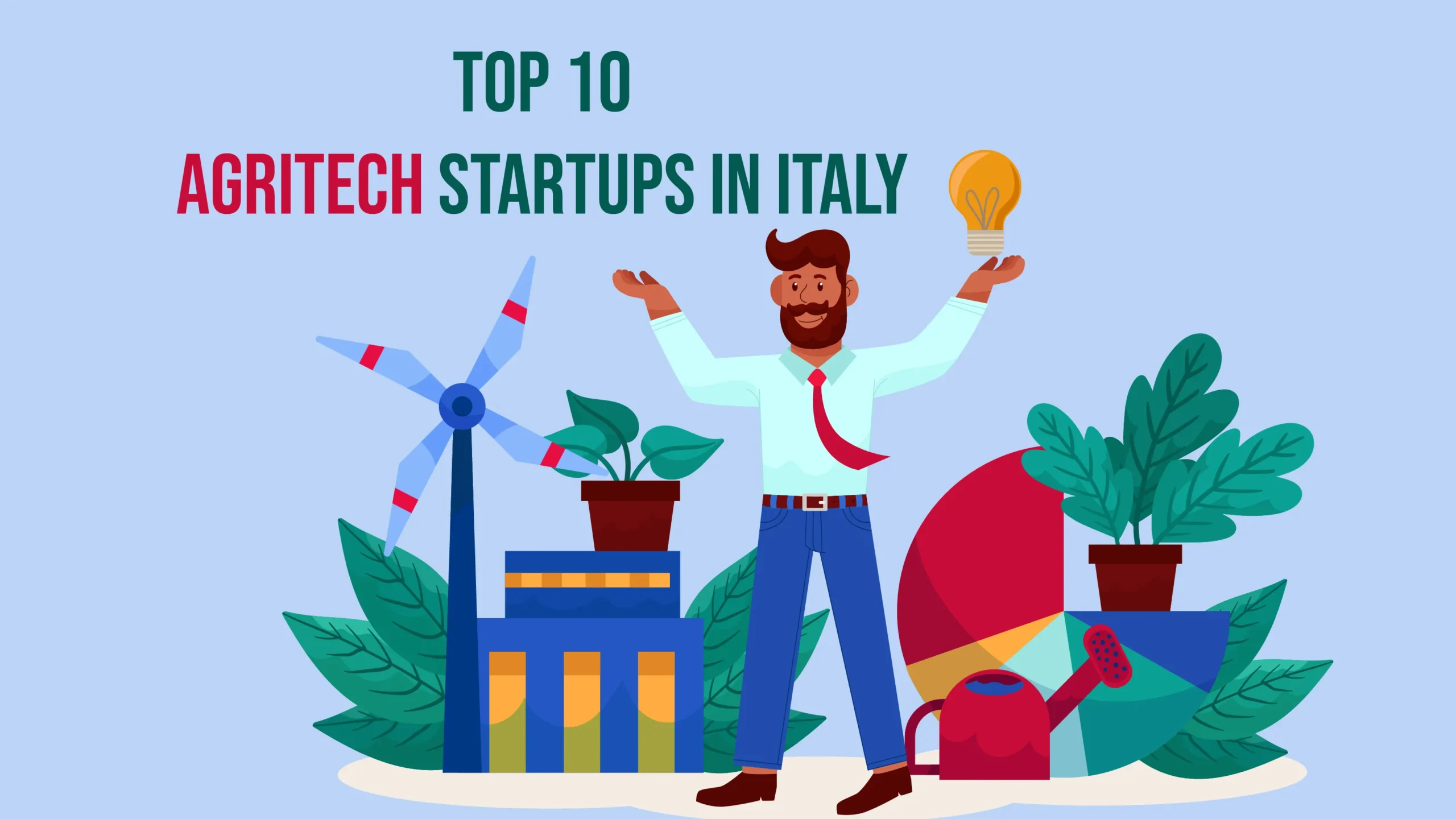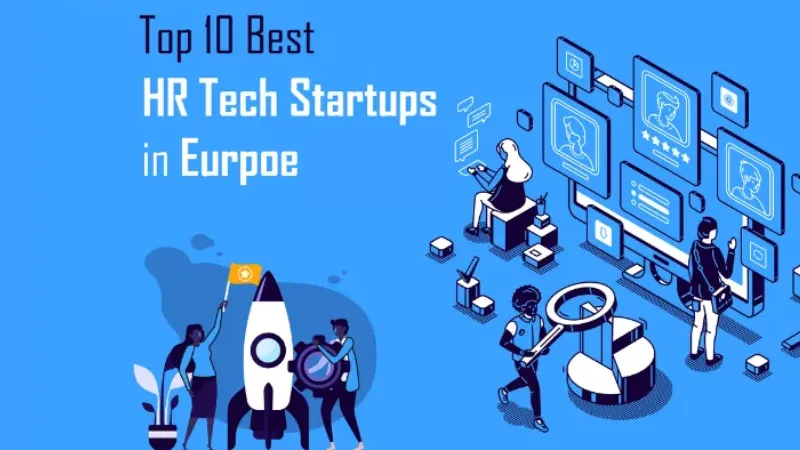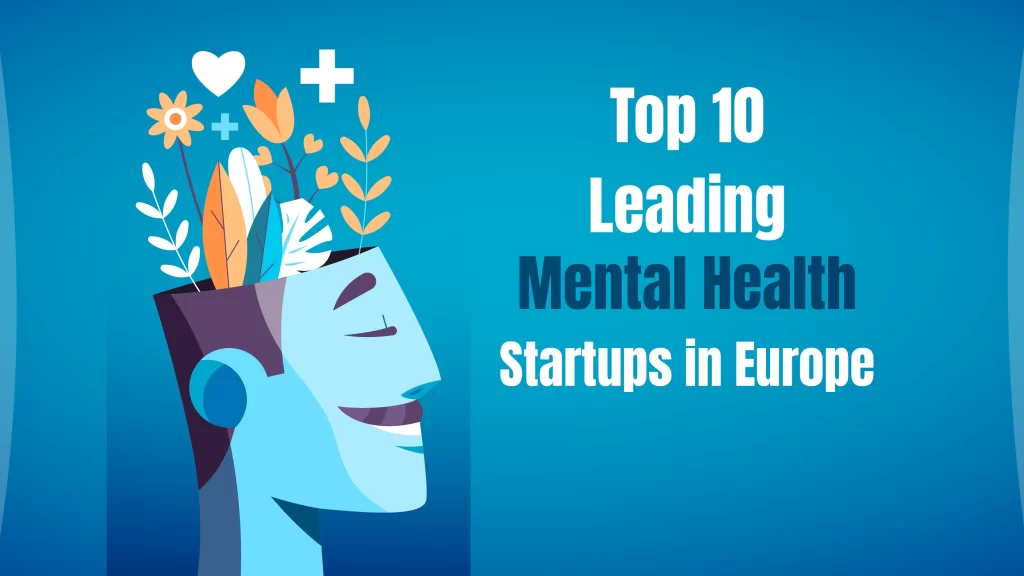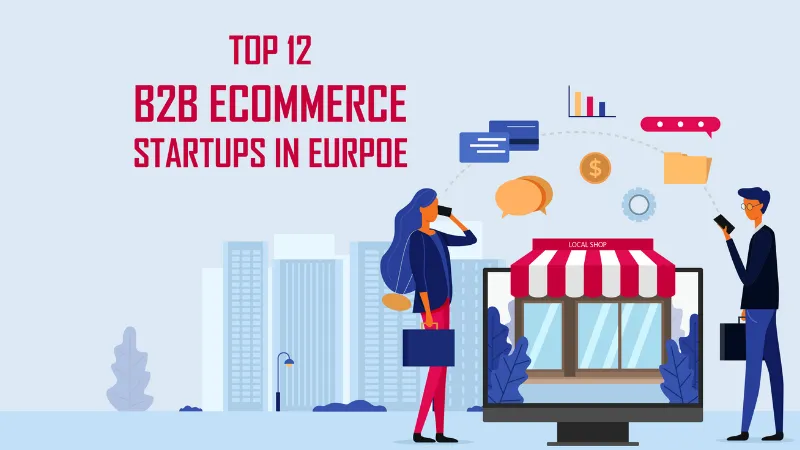Estonia Startup Ecosystem – Leads Europe in Startups, Unicorns and Investments
Apr 8, 2024 | By Startup Rise EU
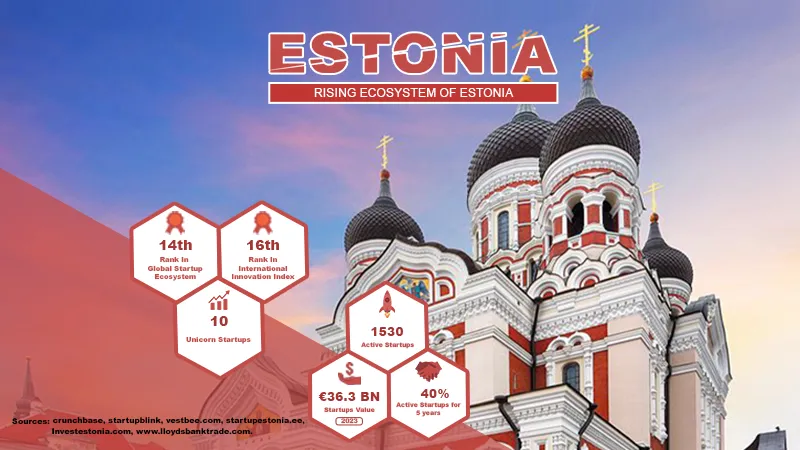
Located in northeastern Europe, Estonia protrudes into the Baltic Sea, bordered by it to the north and west, with a population of 1.3 million. The GDP of Estonia is anticipated to reach 38.33 USD Billion by the conclusion of 2024, as projected by Trading Economics' global macro models and analysts' forecasts. Estonia has secured the 14th spot in the Global Startup Ecosystem Index on a global scale and rank 16th in Global Innovation Index .
Estonia is renowned for its liberal economy, characterized by balanced public accounts and minimal indebtedness. It enjoys a highly favorable business environment supported by independent and stable institutions.
Additionally, corporate profits reinvested are exempt from income tax, further enhancing the business climate. Positioned at the crossroads of Europe and Russia, Estonia benefits from its strategic geographical location, bolstering its effective international relations, particularly through its membership in the European Union.
The relatively small population of Estonia also means that startups in the country face intense competition for talent. Consequently, the public sector faces the challenging responsibility of ensuring a consistent flow of foreign workers to support the thriving startup ecosystem.
Statistics from Estonia indicate that approximately every 56th person in the Estonian working population was engaged with startups. Additionally, the top 20 startups accounted for 59% of the jobs created within the sector in 2022, highlighting the nation's necessity to attract talent from overseas.
Despite its small size, Estonia has emerged as a significant player in the startup scene, not only within the CEE region but also across Europe. The country's startup landscape flourishes with strong presence in sectors like Marketing & Sales, Transportation, and Fintech. The Estonian startup ecosystem is vibrant, hosting approximately 1,530 startups, with 40% of them actively operating for 5 years or more.
In 2023, Estonian startups collectively achieved a combined enterprise value of €36.3 billion, marking the second-highest in the CEE region and contributing to approximately 20% of the entire CEE ecosystem valued at €190 billion that year. This growth is bolstered by a range of entities such as tech incubators, accelerators, VC funds, public-funded initiatives, and government bodies, all nurturing the entrepreneurial spirit and attracting foreign founders and investors.
Estonia's compact size fosters a close-knit network, complemented by engaged policymakers, efficient bureaucratic processes, favorable tax regulations, and robust institutional support for R&D, all contributing to a favorable business environment. Entrepreneurs are attracted by the business-friendly legislation and tax framework, which streamline bureaucracy and promote entrepreneurship. Key to this framework is the Estonian CIT structure, allowing enterprises to reinvest profits without facing income tax. Additionally, Estonian entrepreneurs leverage digital solutions to streamline operations.
The global success of Estonian startups is largely driven by advantageous external conditions and strong government backing, exemplified by initiatives like the Startup Visa program. This initiative facilitates the growth of startups founded by non-EU individuals in Estonia and simplifies the recruitment of non-EU talent by Estonian startups. Approximately 18% of startups in the Estonian Startup Database have benefitted from this program.
In 2023, Invest Estonia nearly replicated its exceptional performance from the preceding year by obtaining €336M in foreign investments. This influx facilitated the creation of over 1,000 high-paying jobs and the initiation of strategic projects. Of the foreign direct investment (FDI) garnered in 2023, over 70% flowed into the industrial sector, with 10% directed towards IT.
The majority of deals originated from Sweden, with notable contributions from Japan, Finland, and Germany. Foreign investors are enticed by the stability of business environment, appealing tax policies, and a skilled workforce. As the primary governmental initiative for the Estonian ecosystem, Startup Estonia focuses on policy development, promotion, and ecosystem strengthening. Furthermore, events like Latitude59 continue to attract international attention and investment to the country every year.
As the focus shifts towards innovative technologies addressing global challenges, DeepTech emerges as the driving force behind the growth of the startup sector. According to statistics from the first half of 2023, the Estonian Startup Database hosts 128 DeepTech startups. Collectively, they have contributed €16.1 million in employment taxes, marking a 45% increase compared to the same period in 2022.
These startups employ 1,615 individuals, constituting 16% of the entire workforce in the Estonian startup sector—an increase of 12% from the first half of 2022. Additionally, the turnover of the DeepTech sector has surged by 34% compared to the corresponding period last year, reaching a total of €79.1 million.
Estonia's Innovative Startups
Estonia has established itself as a leading hub in Europe for nurturing unicorns. This notable achievement highlights the strength of Estonia's entrepreneurial ecosystem. Estonia leads the CEE region with the highest number of unicorn companies, totaling 10, including Skype, Playtech.com, Wise, Bolt, Pipedrive, Zego, ID.me, Gelato.com, Veriff, and Glia. Let's explore further into these notable companies and their remarkable accomplishments.
Skype
Skype played a pioneering role in shaping the landscape of video conferencing, profoundly impacting contemporary virtual communication methods. In 2005, eBay acquired Skype for €2.4 billion, marking the largest tech exit globally since the dot-com crash and the most significant exit in European tech history at that time. Subsequent to the acquisition, several of Skype's original co-founders and key personnel embarked on successful ventures in the technology sector, earning them the moniker 'Skype Mafia.' For instance, Niklas Zennström, one of Skype's founders, went on to establish the VC fund Atomico.
Playtech.com
Established in 1999, Playtech is a prominent provider of gambling software solutions, specializing in various offerings for the online gaming sector. Their extensive product range encompasses online casinos, poker rooms, bingo games, sports betting, scratch games, mobile gaming, live dealer games, and fixed-odds arcade games. In March 2006, Playtech underwent a prosperous IPO on the AIM market, achieving a valuation of approximately €878.88 million. Additionally, the company is listed on the FTSE 250 Index.
Wise
Founded in 2010 by Kristo Käärmann and Taavet Hinrikus, Wise stands as a trailblazer in the fintech sector, revolutionizing traditional practices. Unlike conventional banking systems, Wise prioritizes efficiency and cost-effectiveness in cross-border fund transfers. With a user base exceeding eight million worldwide, Wise has disrupted fintech norms and operations, earning its status as a dominant unicorn valued at €4.63 billion as per the latest report. The platform's features, such as automated identification verification, online and in-app technical support, and estimated transfer times, are tailored to meet the diverse needs of its clientele.
Bolt
Founded in 2013 to address challenges and inefficiencies in taxi transportation, Bolt emerged as a disruptive force in the industry. This mobility platform provides comprehensive transportation solutions round the clock, offering affordable and convenient options for ride-hailing, micro-mobility, and food delivery services. Utilizing the app, users can seamlessly search for and book different vehicle types based on their location, preferences, pricing, and ratings. Bolt's dedication to improving convenience, affordability, and safety positions it as a significant player in the mobility sector.
Pipedrive
Founded in 2010 by Timo Rein, Urmas Purde, Ragnar Sass, Martin Henk, and Martin Tajur, Pipedrive is a sales pipeline management solution aimed at empowering customers to effectively and efficiently manage their sales pipelines. Tailored for sales professionals at small firms, the platform offers features such as email tracking, seamless data importing and exporting, and drag-and-drop functionality within the sales pipeline. With these robust tools at their disposal, sales professionals can seamlessly organize their activities, manage deals, and track conversation history, ultimately leading to enhanced productivity and optimized sales processes.
Zego
Zego is a prominent figure in the insurance sector, specializing in vehicle insurance policies. With coverage spanning more than 400,000 vehicles, the company caters to renowned delivery and transportation leaders such as Uber, Uber Eats, Bolt, and Freenow. Established in 2016 by Harry Franks and Sten Saar, Zego adopts an innovative approach to pricing, taking into account industry-standard factors, driver behavior, and operational practices. Setting itself apart from competitors, Zego collects over five times more data about each vehicle. As of the latest valuation in 2021, Zego was estimated to be worth €1.02 billion.
ID.me
ID.me, founded by Tanel Suurhansis, operates as a digital identity network, streamlining user identification verification processes. The platform offers services including identity proofing, authentication, and verification of group affiliations for organizations spanning various sectors. With the transition of consumer activities online during the pandemic, ID.me has experienced significant growth, encompassing sectors from shopping to banking to healthcare. Headquartered in the USA, there have been discussions about the company potentially going public in the coming years.
Gelato.com
In the rapidly evolving digital landscape of the 21st century, the demand for print-on-demand services has surged among businesses, organizations, and individuals alike. To address these needs, Gelato was established in 2010 by Mike Arbuzov. The platform provides an extensive array of printing services and options, leveraging a network of over 100 production partners spanning 32 countries. Gelato's commitment to top-notch printing standards and innovative designs sets it apart in the industry.
Veriff
Amidst the escalating threats to the digital realm, there's a mounting demand for cybersecurity solutions, a need that Veriff adeptly addresses with innovation. Founded in 2015 by Kaarel Kotkas and Janer Gorohhov, Veriff offers a spectrum of cybersecurity solutions, prominently digital identity verification. Leveraging automation technologies rooted in machine learning and AI, Veriff works to mitigate and eradicate fraud risks effectively. The system operates by capturing customer images on a local device, which are then cross-referenced with identity data stored in government databases, utilizing ratios between various facial points for comparison.
Glia
Established in 2012 by Carlos Paniagua, Glia has facilitated more than 10 billion digital customer support engagements to date. Specializing in Digital Customer Service (DCS), Glia elevates online and mobile interactions through on-screen collaboration, digital communication features, and AI-enabled support. With a global footprint spanning 12 countries, Glia continues to broaden its presence and attract a diverse client base. The company's dedication to enhancing client experiences and driving business outcomes is underscored by its partnerships with over 250 financial institutions worldwide, including banks, credit unions, and insurance companies. Recognized for its success, Glia has garnered substantial investor interest, securing over €138.77 million in funding from key investors.
Furthermore, Estonia has showcased its robust presence in the digital economy, securing the 4th position in Europe based on the contribution of the digital economy to gross value added. With an 8.7% share of GVA stemming from the digital economy, Estonia trails behind Sweden, Bulgaria, and Cyprus. This underscores the critical role of technology in Estonia's economic landscape.
Conclusion
According to the Startup Estonia White Paper 2021-2027, the nation remains committed to supporting its expanding startup ecosystem, setting goals to grow the Estonian startup and technology sector to 15% of the nation's GDP by 2025, and actively promoting an inclusive startup mindset.
While Estonia's startup sector experiences ongoing growth, the global economic instability and security concerns also impact these companies. A new trend is emerging where Estonian entrepreneurs, instead of pursuing rapid global expansion, prioritize increasing efficiency and ensuring profitability—a sentiment shared by investors.
This signifies the maturity of Estonias's ecosystem, where startups possess the flexibility and experience to adapt their strategies to changing circumstances. Overall, by overcoming challenges and demonstrating resilience, the Estonian startup ecosystem remains on track for continued growth and development.
Recommended Stories for You
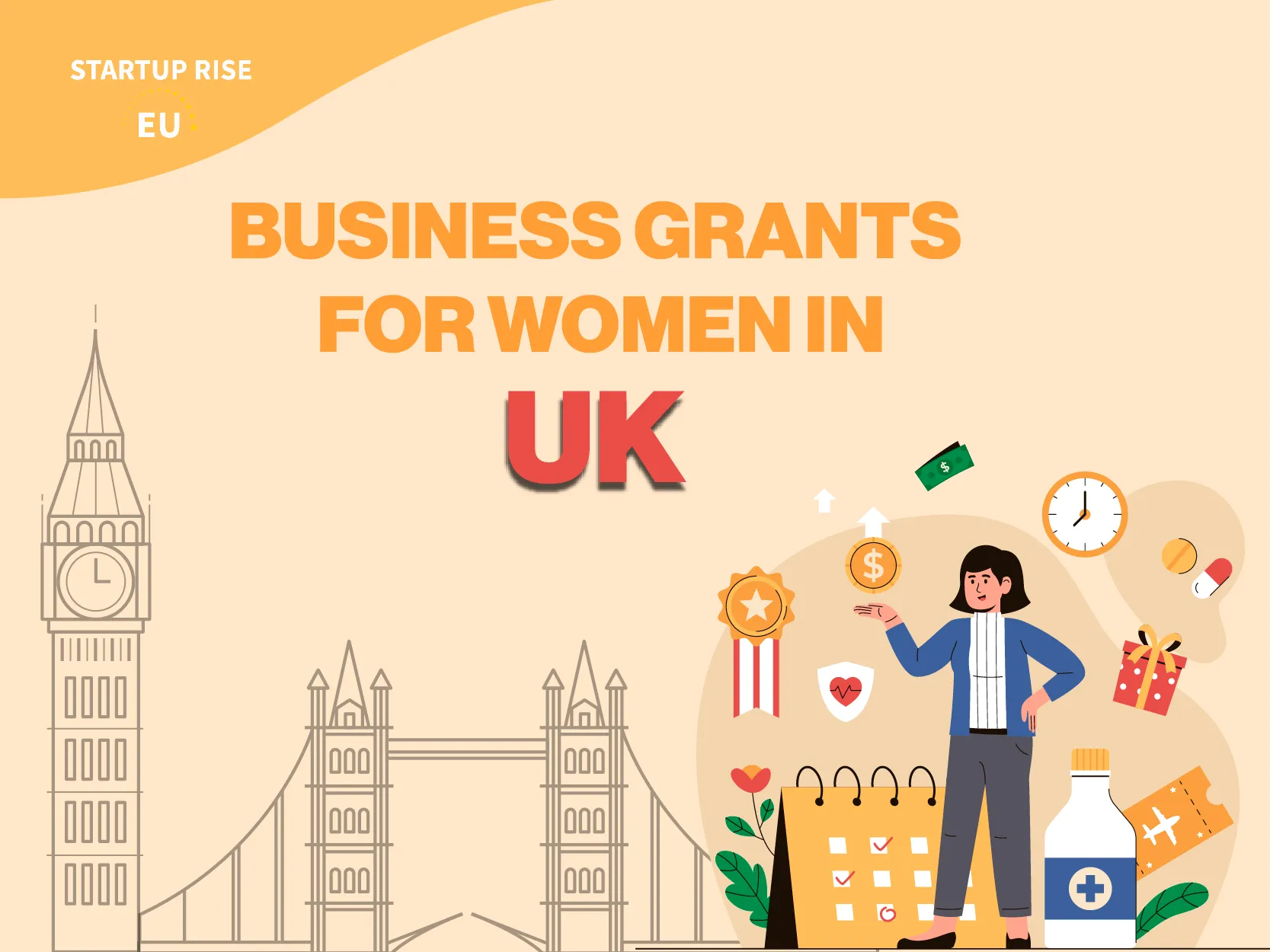
Government Grants For Women Owned Businesses 2024
Startup Rise EU Jun 17, 2024

Top 10 HealthTech Startups in Sweden
Team SR Jan 11, 2024

Manufacturing Business Ideas In Vienna
Startup Rise EU Jun 19, 2024

List of Unicorn Startups in Europe 2024
Startup Rise EU Jul 1, 2024

Wequity’s young founders unveil AI solutions automating ESG data extraction, analysis & reporting, and secure €1.1M funding to boost expansion
Startuprise Oct 12, 2023

Best Business Ideas In Ukraine
Team SR Jul 7, 2024


 Follow us
Follow us Follow us
Follow us